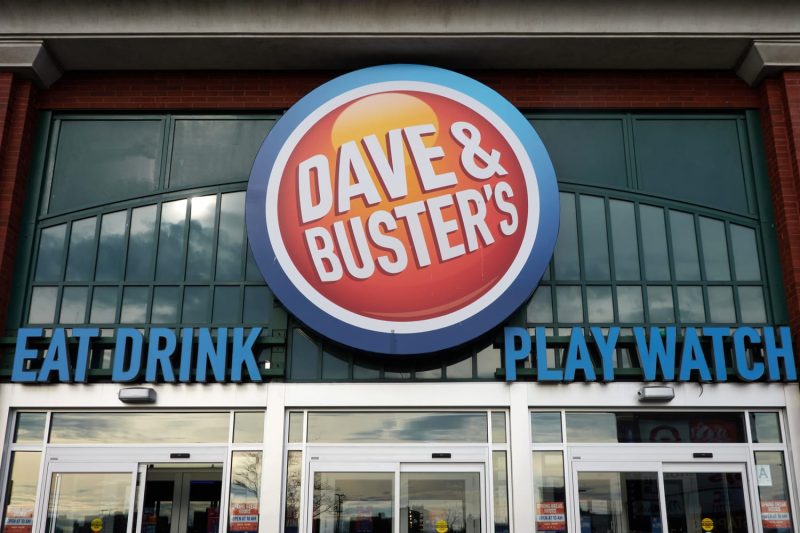
Game On: Dave & Buster’s Navigates Controversies in Pursuit of Arcade Betting!
Dave & Buster’s Entertainment Inc., the playful combination restaurant-and-arcade chain for adults, has announced a novel approach to enhance the entertainment quotient of its business model: allowing betting on its arcade games. This revelation, intended to inject a new level of excitement into gameplay, has not been without its share of criticism and scrutiny from various quarters.
Dave & Buster’s innovative model aims to cater to a changing demographic with a resourceful strategy. It’s an attempt to capitalize on the adult gaming culture, whose predilections have shifted dramatically with the advent of digital technology. With young adults as their primary patrons, this maneuver is an attempt to keep the brand relevant to this audience that seeks the enthralling uncertainty of betting on outcomes of arcade games.
The proposed plan involves adding wagering on its mix of video and ticket-dispensing games. The company believes this dynamic approach will tap into the gaming culture that is currently dominated by mobile gaming and eSports. The addition of betting will effectively provide another platform for adults to engage in competitive gaming with a monetary promise.
However, this business gambit by Dave & Buster’s has drawn substantial scrutiny and criticism. For opponents, their concerns are primarily anchored to issues of gambling addiction and the moral and legal complexities the proposal brings with it.
Critics argue that introducing gambling opportunities in an environment that promotes fun and camaraderie can add another layer of challenges. The primary concern being that it could incentivize problem gambling. Experts in the field of addiction studies caution that such environments can become triggers for people struggling with gambling addiction or predisposed to develop such issues.
Moreover, some critics worry over the social implications of such a move. While Dave & Buster’s primarily serve a clientele of young adults, there’s no denying that it also attracts families with older children. Introducing betting in this context could ostensibly expose impressionable young minds to early experiences of gambling, with potentially damaging effects in the long-term.
The legal implications of such a plan are equally challenging. Gambling regulations across different jurisdictions are strictly enforced and vary considerably. Host of issues such as licenses, betting limits, age verification procedures, amongst others, would need to be meticulously considered and addressed for seamless implementation of the plan.
In response to these criticisms, Dave & Buster’s would likely need to employ a comprehensive approach including thorough staff training, robust age verification mechanisms, and strong ties with organisations devoted to battling problem gambling.
In conclusion, while Dave & Buster’s plan of incorporating betting in arcade games is innovative
